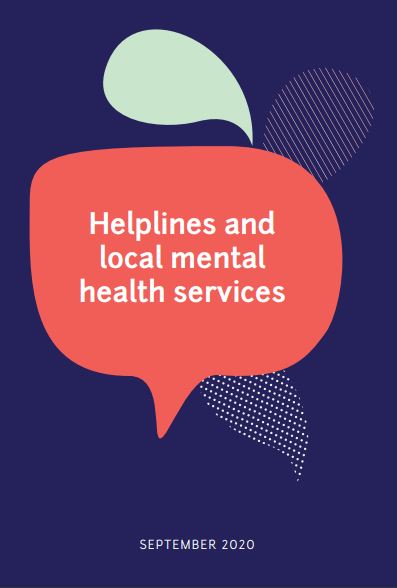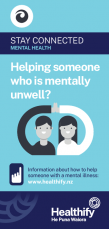Before COVID-19 arrived in the country, mental distress was already on the rise in Aotearoa New Zealand. Results of the Mental Health in Aotearoa(external link) survey in 2018 found the following results:
- One in five adults aged 15 years and over are diagnosed with a mood and/or anxiety disorder.
- Mental distress is highest among young people (15 to 24-year-olds).
- People were more likely to be aware of mental distress in close friends than in neighbours, work colleagues or people they live with.
- The proportion of New Zealanders with high levels of mental distress is trending upwards over time.
- There’s a greater proportion of younger people in higher/more severe categories among anxiety and mental distress measures than older age groups (25 to 64-year-olds and 65+).
- There’s a lower proportion of young people who report coping with everyday stresses, than older age groups.
- 15 to 17-year-olds and 18 to 24-year-olds are more likely to report having long-term psychological conditions that affect their everyday activities and socialising than older age groups.
Surveys done during the COVID-19 pandemic showed it’s had both negative and positive impacts for mental health. Financial stress has added to mental distress, and young people were prone to depression and anxiety during and after lockdown. However, most people (9 out of 10) reported at least one positive experience during lockdown. Positive experiences included feeling pride in the ability to cope, having more time for exercise and hobbies, a stronger sense of community and improved whanau resilience.
Emotional support, connections to others and relationships with people and pets were helpful in lessening mental distress. However, it was found that smoking and drinking alcohol were linked to increased anxiety and increased mental distress.

Image credit: Healthify He Puna Waiora, NZ








